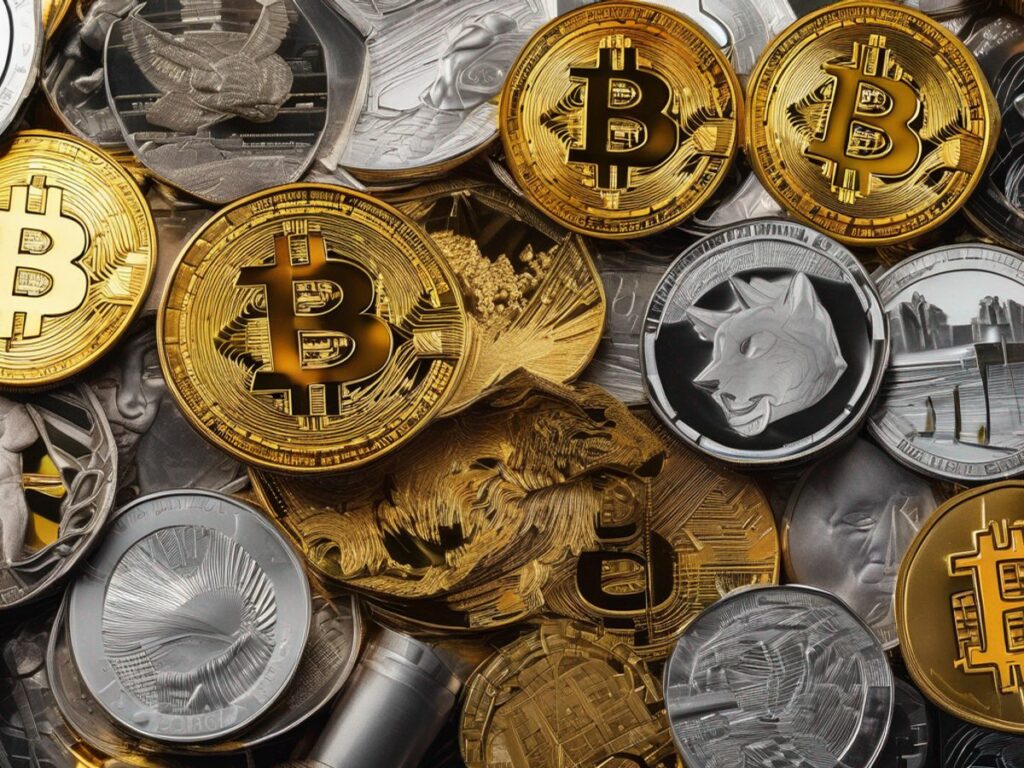Nigeria has taken a significant step in its ongoing efforts to regulate cryptocurrency activities within its borders. The country has directed telecommunications companies to restrict access to major crypto exchange websites, including Binance, Coinbase, and OctaFX. This move is part of a broader strategy to curb financial crimes and reduce speculative activities in the crypto market.
Background and Context
Nigeria has long been considered one of the most crypto-savvy nations globally, even surpassing the United States and European countries in some metrics. However, the Nigerian government has been tightening its grip on crypto regulations. This latest directive comes just a few months after the Central Bank of Nigeria (CBN) lifted its ban on crypto transactions, allowing lenders to open accounts for crypto firms. The CBN had initially imposed this ban in 2021 but reversed its decision earlier this year.
Reasons Behind the Ban
The Nigerian government has cited several reasons for this crackdown:
- Financial Crimes: The primary aim is to circumvent financial crimes that are often facilitated through crypto transactions.
- Market Manipulation: There are concerns that crypto exchanges are manipulating the value of the Nigerian Naira, contributing to its depreciation in the forex market.
- Regulatory Compliance: The government wants to ensure that all crypto activities are in line with national regulations.
Government Statements and Actions
The Special Adviser to Nigerian President Bola Tinubu on Information and Strategy, Mr. Bayo Onanuga, has been vocal about the need for this crackdown. He accused crypto exchanges of manipulating the Naira and urged the Economic and Financial Crimes Commission (EFCC) and the CBN to take swift action. In a detailed post on social media, he emphasized that Binance, which is already facing regulatory challenges in multiple countries, should not be allowed to influence the value of the Naira.
Impact on Users and Exchanges
The restriction has already started affecting users in Nigeria. Many have taken to social media to express their frustrations and seek alternatives. One user noted that they could no longer open the Binance app and hinted at looking for other options. In response to these complaints, Binance has stated that it is working to ensure regulatory compliance and protect its users. The exchange has implemented stringent measures, including real-time monitoring and the removal of non-compliant advertisements.
Future Implications
This move by Nigeria could have far-reaching implications for the crypto market in the country. While it aims to curb financial crimes and market manipulation, it could also stifle innovation and limit access to financial services for many Nigerians. The situation remains fluid, and it will be interesting to see how both the government and crypto firms navigate this complex landscape.

